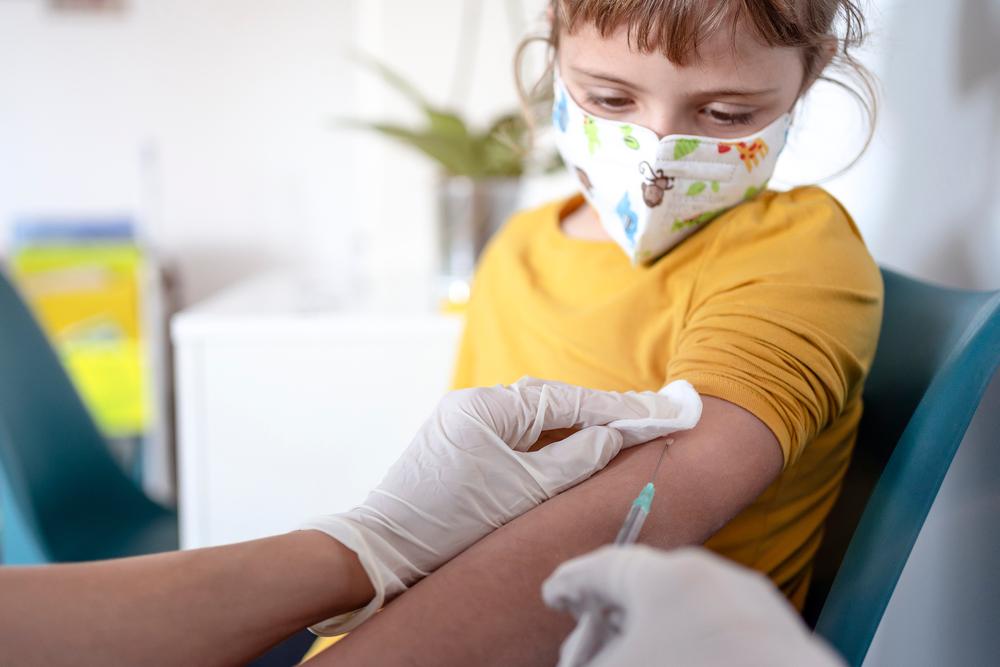A government survey into levels of parental trust in childhood vaccinations has found a thirteen percent jump in the number of parents with concerns about giving their children jabs.
The survey was carried out by the UK Health Security Agency (HSA) and examined the attitudes of parents, questioning around 1,000 people with babies aged between two months and three years, four months, and another 1,000 people with children aged between three years, four months, and five.





